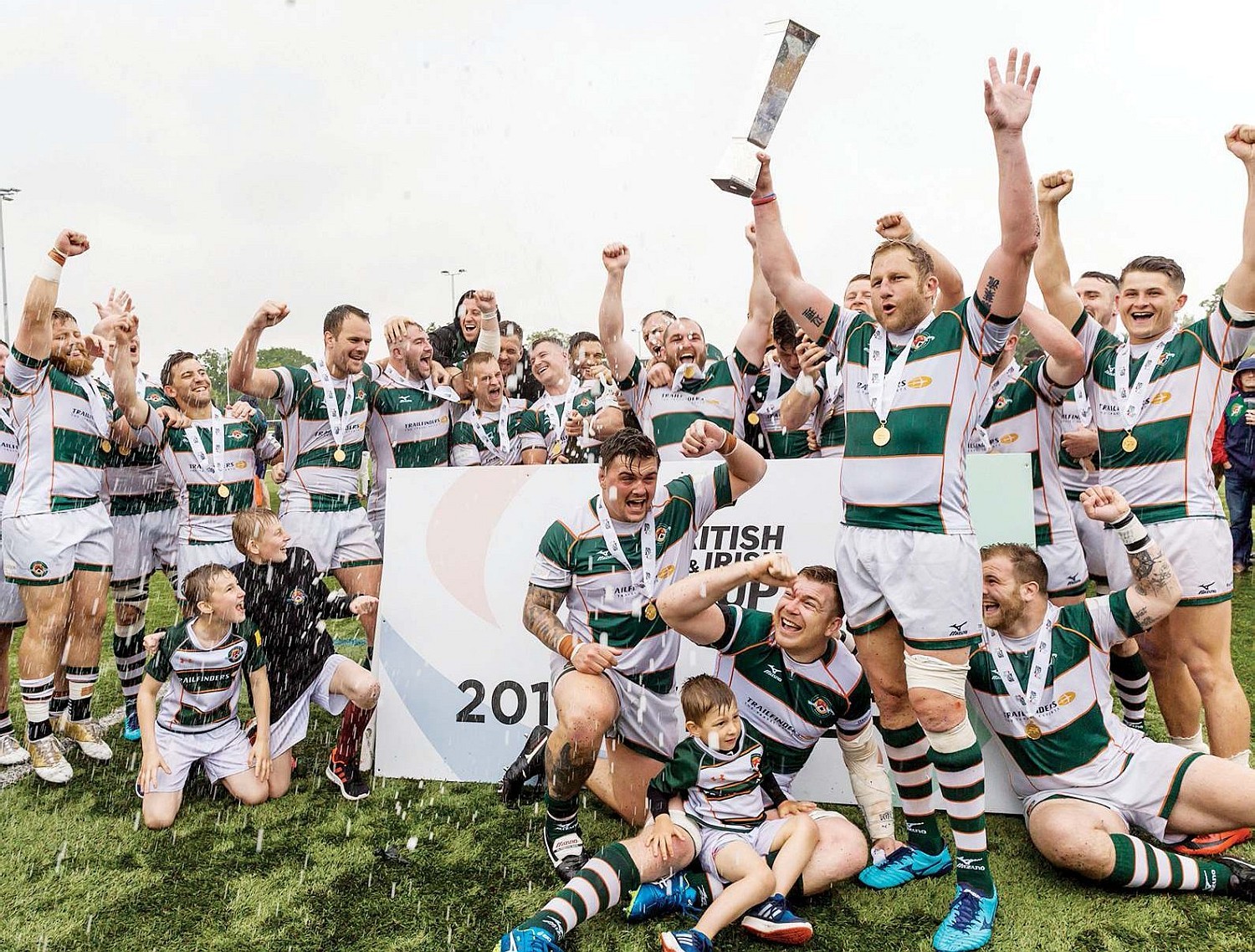A FRONT ROW VIEW OF THE GAME
JEFF PROBYN
Ambitious: Ealing Trailfinders are pushing hard for the Premiership
I was not surprised by the news in last Sunday’s Rugby Paper that a number of Lancashire clubs were forming a breakaway competition from the RFU’s league structure, as I was told this was about to happen by the president of Widnes rugby club. Last week’s article explained many of the reasons why the clubs have felt it necessary to find another way of providing local weekly rugby for their communities against a backdrop of trying to compete in a league structure...

